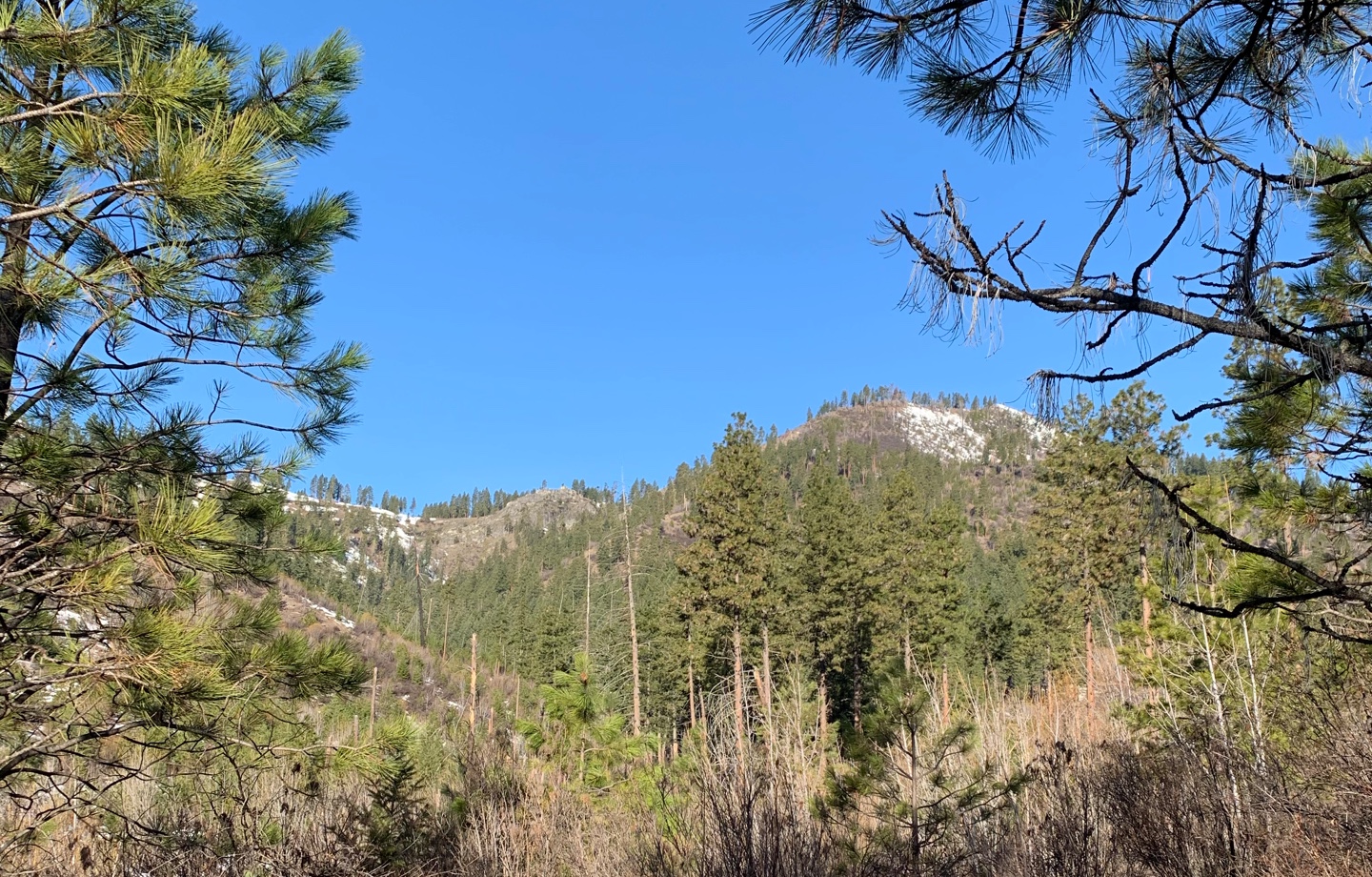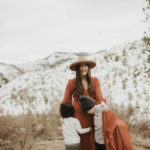Expedition Reclamation shares the stories of 12 Black, Indigenous, women of color as they celebrate their resilience and connection to nature.
Watch the newly released trailer to learn more about the film, Expedition Reclamation, by Brave Space Media.
It is springtime in the homelands of the P’Squosa/Wenatchi peoples. These beautiful lands — located in what is now known as North Central Washington — stretch between Lake Wenatchee, in the Cascade Mountains, to Wenatchee, along the Columbia River. The snow from the foothills has melted and the fuzzy balsamroot buds are bursting through the sandy Earth, getting ready for their golden debut. I feel the same way, unfurling slowly after a long and challenging winter. I love the way these hills surround and hold me through the cycle of seasons. I change and grow the same way they do as our collective planet circles the sun at various angles. They are nestled against the jagged granite mountain ranges that create a barrier between me and the sea.
Whenever I get the chance to head west toward the ocean, I do. Once I dip my toes into the ice-cold, salty water, I feel a sense of connection to a homeland thousands of miles away, a touch closer to the equator. I am the diasporic daughter to the island of Guåhan, commonly known as Guam. This unincorporated U.S. Territory holds a history that spans millennia before colonization spread across Oceania and the Americas. My people were the first to sail the Pacific, in search of a new home and opportunity to prosper. Once they happened upon the Mariana Islands, they gave it a name that honors the abundance of life they saw flowing from the land — Guåhan, meaning “we have.”
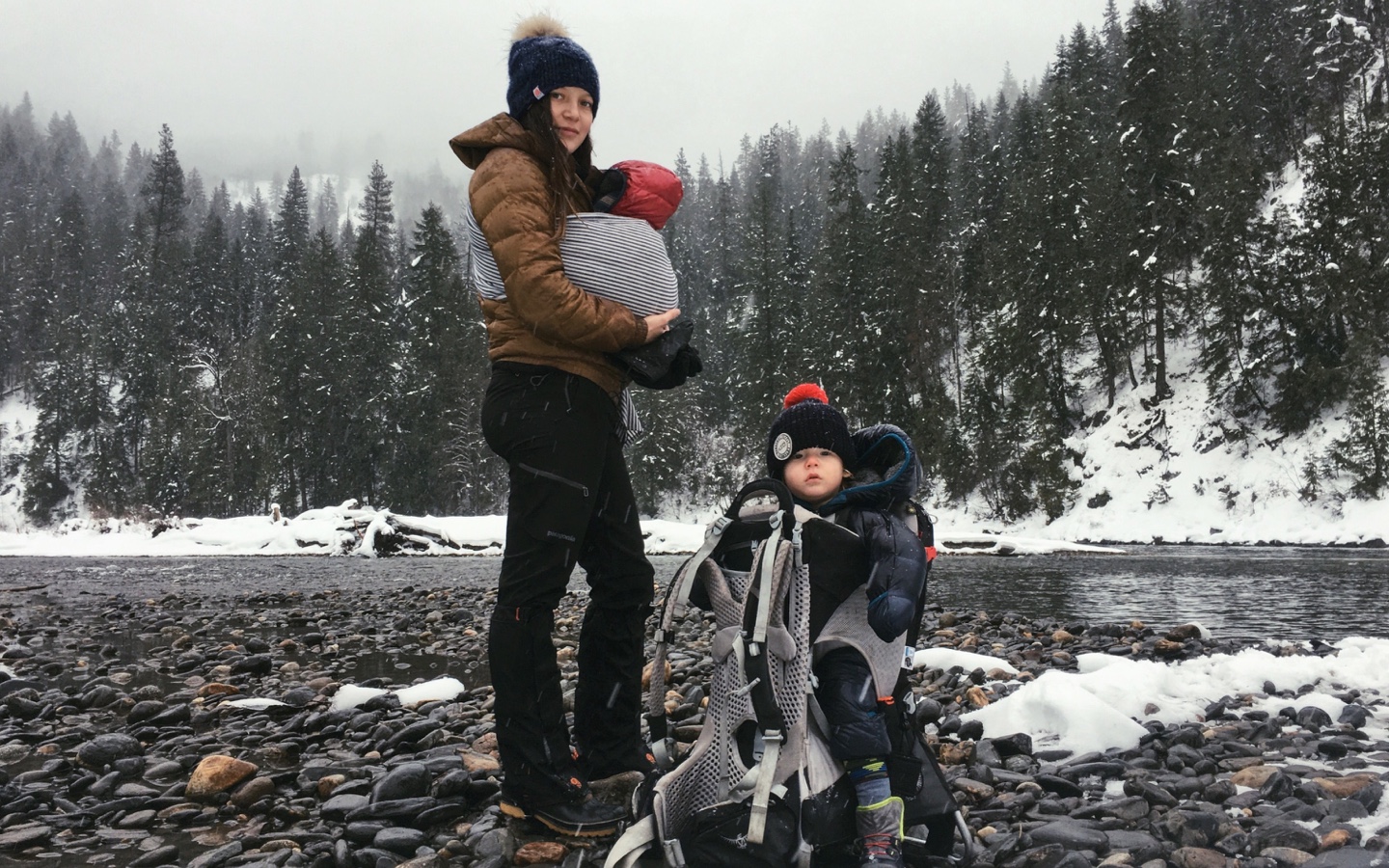
I share this history of my people because it has grounded me and informed my relationship to Land in such a profound way. Within the stories of my people and our practices passed down to me, there is an element of respect that goes beyond preservation into a living relationship. Show up for the Land the way the Land shows up for us. Ask for permission from the ancestors and kin of this land before entering the forest. Consume sustainably, taking only what you need. Advocate for and protect our waterways.
Read More: Protecting Our Waterways: American Rivers
I didn’t always have this view or seek this kind of reciprocal relationship born out of my culture. What I witnessed growing up in the Pacific Northwest was a more whitewashed message portrayed in advertising and media — with colonial undertones woven throughout.
In between the days spent with my father along the streams and lakes in the drainages below Wy’East (Mount Hood National Forest) and Na-Sik-Elt (Icicle Canyon, near Leavenworth), learning to fish, I saw the mountaineers, winter sport families, and rock climbing adventurers splashed across media of all types. While I was walking around my Portland neighborhood’s “greenspaces” and side alleys, overridden with English Ivy and Himalayan blackberries (which I picked and bore my scabs proud to show for it), I saw backpackers depicted as traversing “wild” landscapes. Messages of competition, adrenaline rushes, and “being epic” combined with having the best gear were fed endlessly to, well, everyone.
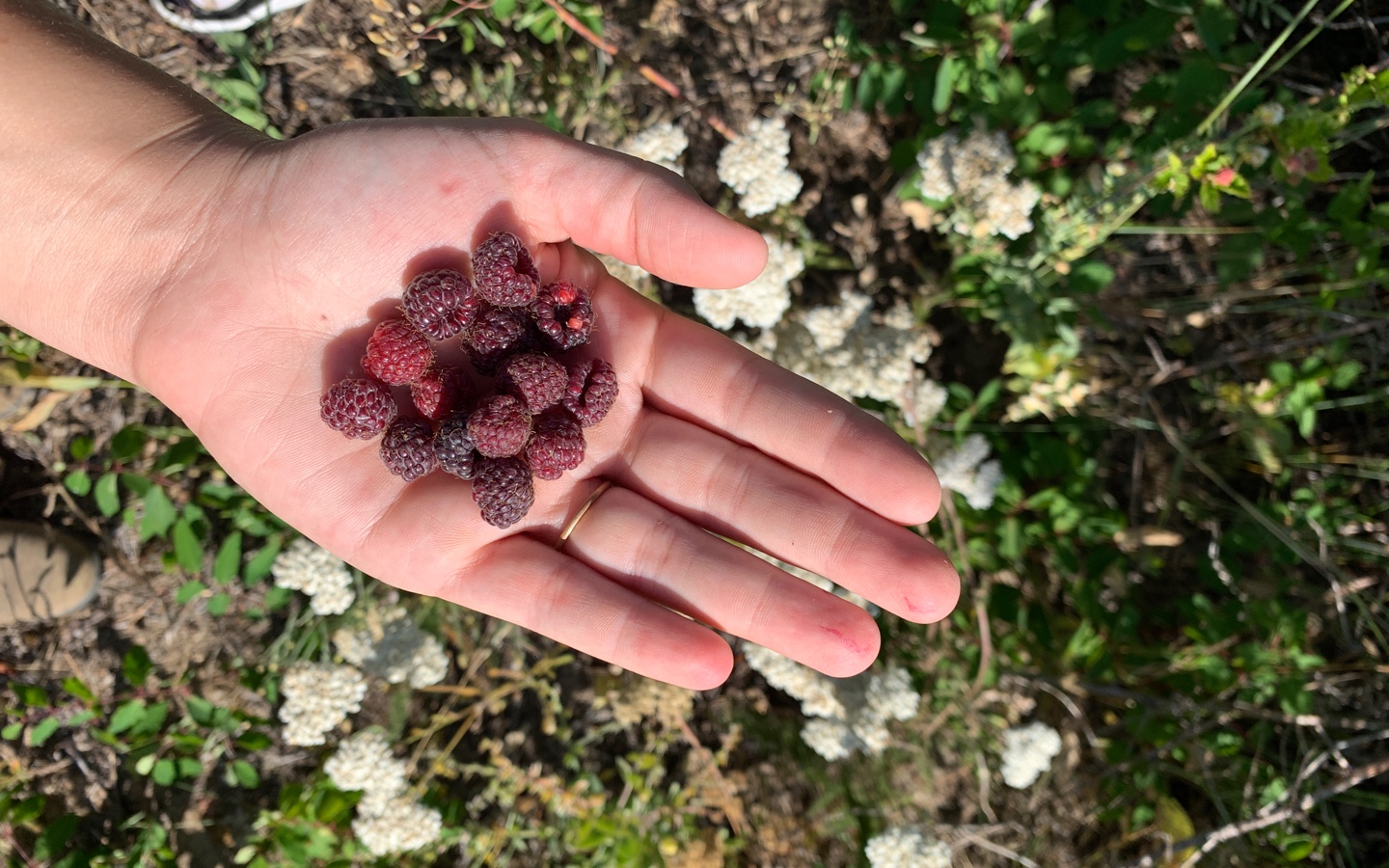
These images and ideals felt unobtainable. Yes, I was outdoors in my own, privileged way, but it didn’t feel the same as what was being held on a capitalistic pedestal. And I can’t recall a single time in which I saw the mainstream media portray Micronesians sharing their own stories of “epic.” That’s because our stories weren’t epic. They are stories of poverty, stolen land, and war devastation. The externally imposed deficits on my personhood felt ever-present. As I learned later in life, this is a common plight of colonized peoples.
Read More: The Importance of Land Acknowledgements
About a year ago, a dear friend with whom I walk these hills often, sometimes with our children in tow, invited me to join a film she was co-developing — called Expedition Reclamation — that would highlight 12 Black Indigenous women of color and their relationship with the outdoors. I must admit, I was unsure if I was a proper fit. (This is my mixed-race imposter syndrome speaking.) But as I sat down in the camp chair on a sunny winter day, I felt these stories of honoring, reclaiming, and grounding pour out of me. I was overwhelmed by the feeling of both being seen and heard.
My stories certainly do not reflect the mainstream media’s narrative I saw growing up. They reflect a sense of belonging to the Earth that is born out of my deep roots to my island culture. They reflect an image so specific to me that I didn’t know I was longing for it to be represented until the salt water burst out of my eyes on that winter day.
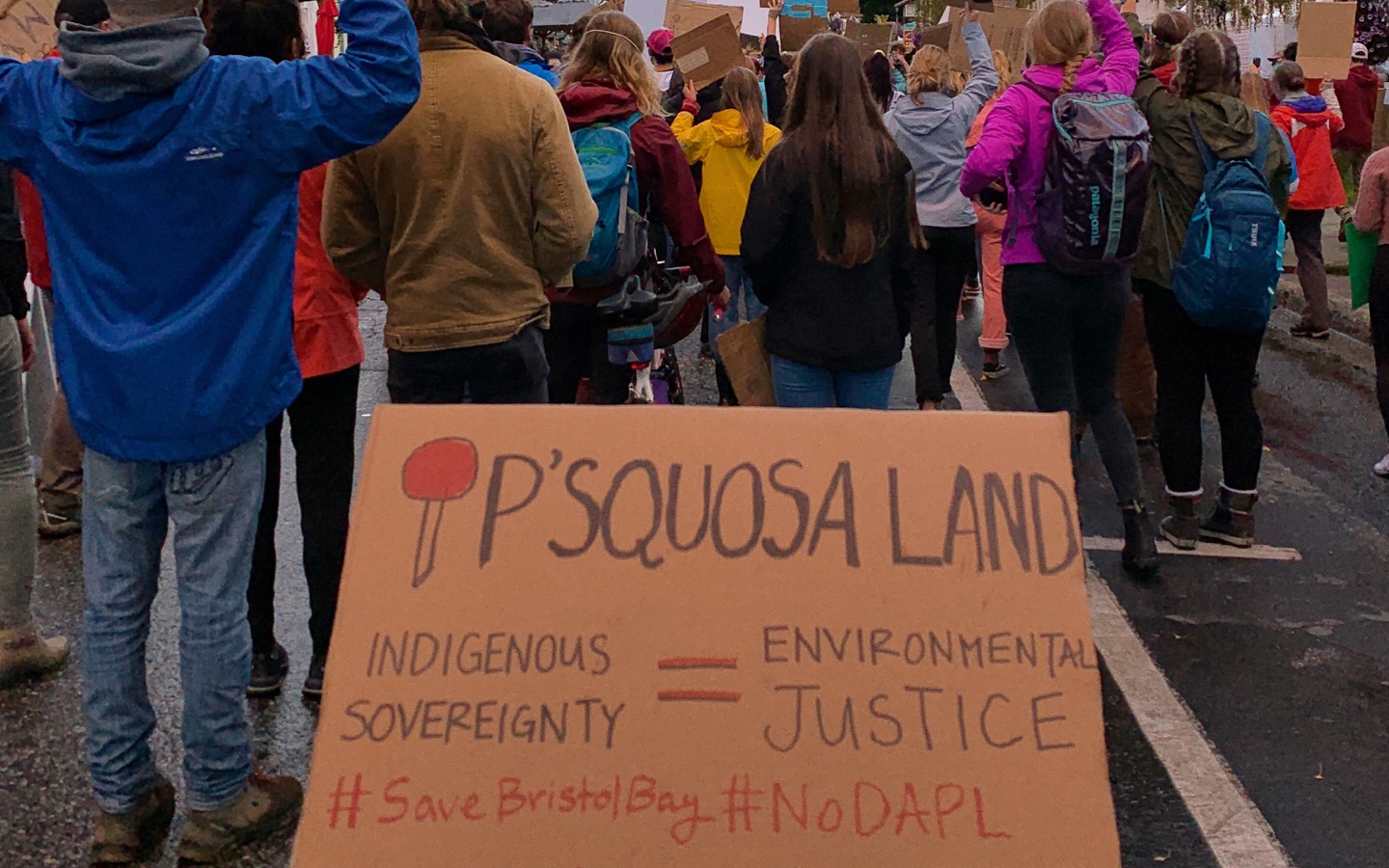
Fast forward to where I am now: Five years a mother, in my second year of learning and reclaiming the CHamoru language of my grandmother, and attending therapy to break down the internalized messages I’ve received as a mixed-race CHamoru woman. My stories of belonging are gentle, yet fierce and resilient like those of my ancestors who brought me here. They meet these sacred lands with humility, respect, and unending gratitude.
As a settler who is thousands of miles away from the lush jungle and vast ocean that sustained my ancestors, I tread lightly knowing that there are people whose stories are broken down by the colonization of these very lands I walk on. I don’t know everything, but in my story of belonging, I do not just belong to a “thing”… I belong to a reciprocal and relational process with a living, breathing ecosystem. This relationship with the lands that hold me is what I reclaim, it’s what I honor, and it’s what I share now, unabashedly, from the awakening hills of the P’Squosa/Wenatchi peoples.
Join Brave Space Media and sponsor Chelan-Douglas Land Trust on Thursday, March 3 at 7pm for the virtual premiere of Expedition Reclamation and a panel discussion with filmmakers and characters from the film. Donations go towards Land Back Initiative. Register for the virtual screening here.

Shop Pillows
The Essential Organic Pillow Collection
Gentle, breathable, non-toxic support.




